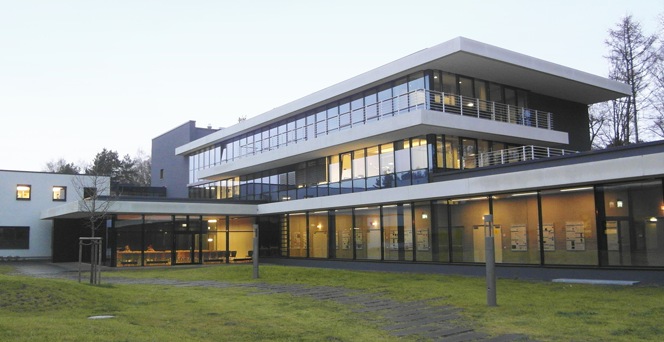URL: https://v1.desy.de/site_www-desy/content/research/cooperations__institutes/universitaet_hamburg/Aufgabenuebersichtsplan_V1_201900816_eng.html/@@siteview
Breadcrumb Navigation

DESY has particularly close connections with the University of Hamburg. The DESY campus in Hamburg-Bahrenfeld hosts several of the university’s institutes, most of which collaborate closely with DESY. Research activities range from experimental and theoretical particle physics, through accelerator, laser and X-ray physics, on to optical quantum technologies.
Institute for Experimental Physics
Research activities at the Institute for Experimental Physics focus on particle physics, accelerator physics, laser physics and X-ray physics – from quarks and gluons to crystals.
Institute of Laser Physics
Researchers at the Institute of Laser Physics study the interaction of light and matter, and develop novel coherent light sources as well as corresponding detection and preparation techniques.
II. Institute for Theoretical Physics
Research at the II. Institute for Theoretical Physics spans nearly all areas of elementary particle theory. Activities range from the phenomenology of particle physics and new approaches to unified theories, to fundamental questions in quantum field theory and string theory.
Center for Optical Quantum Technologies
Research activities at the Center for Optical Quantum Technologies range from studies of the interaction of light and matter at ultralow temperatures, through the development of solid-state and fibre lasers, on to the quantum theory of ultracold condensed matter.
Center for the Hybrid Nanostructures
The Center for the Hybrid Nanostructures combines research in physics, biology, chemistry and medicine in the nano range. The aim is to analyze the properties of solids and biomaterials, to adapt them to each other and finally to develop new material properties - hybrid nanostructures - for chemical, biological and medical applications.
HARBOR
The “Hamburg Advanced Research Centre for Bioorganic Chemistry” focuses on the temporal behaviour of molecular biological systems. To this end, methods for the targeted triggering and control of processes in single molecules with light are being developed to make these processes visible and to investigate them.
PIER
Since 2011, DESY and the University of Hamburg have been working together even more closely than before. They have launched a cooperation called PIER, or Partnership for Innovation, Education and Research, which is more strongly networking the two institutions’ research and training activities and also promoting their transfer of science and technology throughout the Hamburg region.


